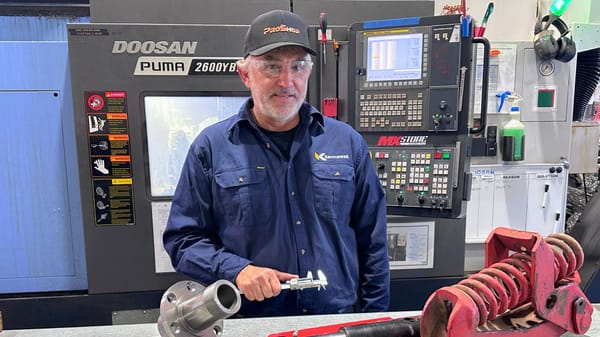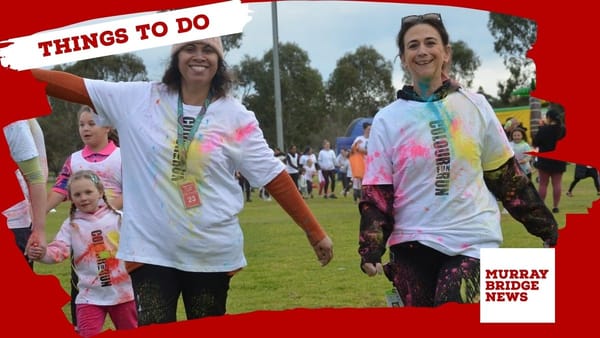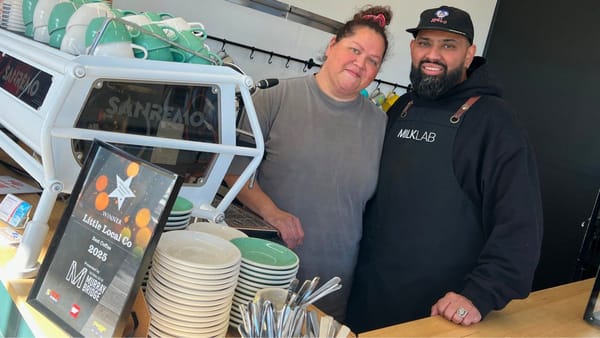Murray Bridge Rotary Club trumpets Music for Dementia project
The club has given headsets loaded with music to dementia patients to improve the patients’ mental health.

This post about health and wellbeing is free to read. Your support helps Murray Bridge News tell important local stories – subscribe today.

Murray Bridge Rotary Club has given headsets loaded with music to dementia patients to improve the patients’ mental health.
After the Dementia Foundation and a Rotary Club in Adelaide demonstrated how music can help dementia patients, the Murray Bridge Rotary Club then purchased 40 headsets.
The club loaded the headsets with music that had personal meaning for the patients, with the patients’ relatives or carers choosing the music.
To date, the Murray Bridge Rotary Club has distributed 10 headsets to two retirement villages in Murray Bridge and one in Tailem Bend.
The club has also supplied headsets to seven people whose relatives approached the club for help.
Patients’ relatives reported that the patients’ response to the music had been very positive, so the Murray Bridge Rotary Club wanted to expand the program.
To support this aim, Flinders Rural and Remote Health SA awarded the club $2000 to help purchase further sets to meet the expected demand over the next 12 months.

Murray Bridge Rotary Club’s Roger Wickes said the grant would buy another 40 headsets and charging stations.
Rotarian Sam Cozens said the therapy did seem to influence the memories of people with dementia.
“This improvement means they’re happier with themselves and how they respond to others,” he said.
“If people are withdrawn, they become active again.”
The positive results seen in the Music for Dementia project also have scientific support.
A recent Flinders University study called Harmony in the Bush involved giving music intervention to residents with advanced dementia in Australian rural nursing homes.
The findings of the study suggest that the music intervention probably did reduce the residents’ psychiatric symptoms and behaviour and improve well-being.
Another study, from 2010, suggested that music heightens arousal in patients with Alzheimer’s disease, enabling better attention and improved memory.
Apart from the improvements to mental health that the Rotary Club’s music project seem to have produced, club members themselves felt good about the project.
“People see Rotary as barbecue cookers, but it’s about projects – the members want to be involved, and they want to make a difference,” Mr Lowes said.
According to Mr Cozens, the music project resonates with members of his Rotary Club because “so many people in our group have people in their family with dementia”.
- More information: Contact the Rotary Club of Murray Bridge on 0429 145 532 or at murraybridge.rotary@gmail.com.
Your support helps Murray Bridge News tell important local stories – subscribe today.





